Why Copper Is Not Recommended for Most Food Processing Equipment
Copper, with its excellent thermal conductivity and antimicrobial properties, might seem like an ideal material for food processing equipment. However, the reality is more complex. While copper has its niche applications in the food industry, it's generally not recommended for most food processing equipment due to several significant drawbacks. This article will delve into the reasons behind this recommendation, exploring the potential risks and limitations associated with using copper in food processing.
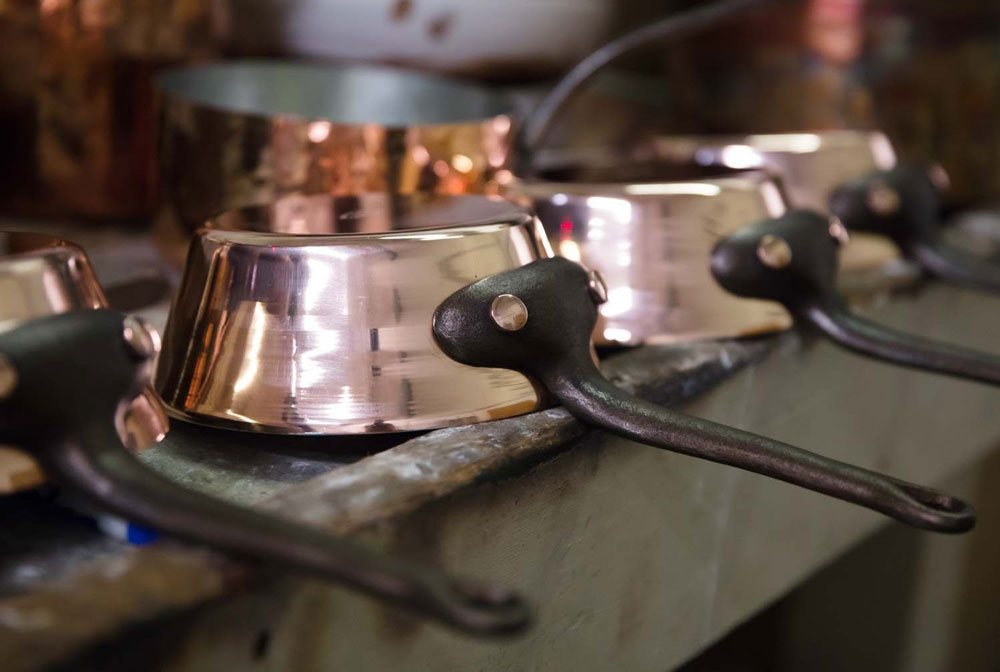
Corrosion and Contamination Risks
One of the primary concerns with copper in food processing is its susceptibility to corrosion. When exposed to acidic foods, such as tomatoes, citrus fruits, or vinegar, copper can react and leach into the food. This leaching can lead to:
Metallic taste: Copper ions impart a metallic taste to food, which can be undesirable and affect product quality.
Health risks: While copper is an essential trace element, excessive intake can be harmful, leading to gastrointestinal distress, liver damage, and even neurological problems.
Equipment damage: Corrosion weakens the structural integrity of the equipment, leading to leaks, malfunctions, and ultimately, costly replacements.
Reactivity with Certain Foods
Copper reacts with certain food components, particularly sulfur-containing compounds, leading to undesirable changes in color, flavor, and texture. For example, copper can react with onions and garlic, causing discoloration and off-flavors.
Cleaning and Sanitation Challenges
Copper surfaces can be difficult to clean and sanitize effectively. The porous nature of copper can harbor bacteria and other microorganisms, making it challenging to maintain hygienic conditions.
Alternatives to Copper in Food Processing
Fortunately, there are several excellent alternatives to copper for food processing equipment:
Stainless steel: Highly resistant to corrosion, durable, and easy to clean, stainless steel is the gold standard for food processing equipment.
Aluminum: Lightweight and cost-effective, aluminum is suitable for certain applications, but it can react with acidic foods.
High-density polyethylene (HDPE): A durable and non-reactive plastic, HDPE is ideal for containers and other non-heating applications.
Glass: Inert and non-reactive, glass is suitable for storage and packaging but can be fragile.
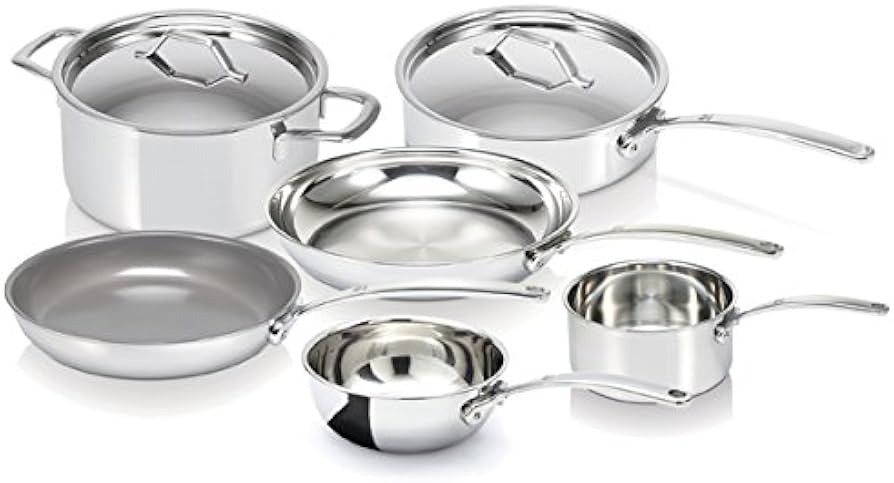
Niche Applications of Copper in Food Processing
While copper is generally not recommended for most food processing equipment, it does have some niche applications:
Distillation equipment: Copper's excellent thermal conductivity makes it suitable for stills used in alcohol production.
Brewing equipment: Copper kettles and fermenters are traditionally used in brewing due to their heat transfer properties and antimicrobial effects.
Water pipes: Copper pipes are used in some food processing facilities for water distribution, but they require careful monitoring and maintenance to prevent corrosion.
Conclusion
While copper possesses some desirable properties, its susceptibility to corrosion, reactivity with certain foods, and cleaning challenges make it unsuitable for most food processing equipment. Stainless steel, aluminum, HDPE, and glass offer safer and more reliable alternatives for ensuring food safety, quality, and equipment longevity.
Must-Read Blogs For Chain Restaurants Owner

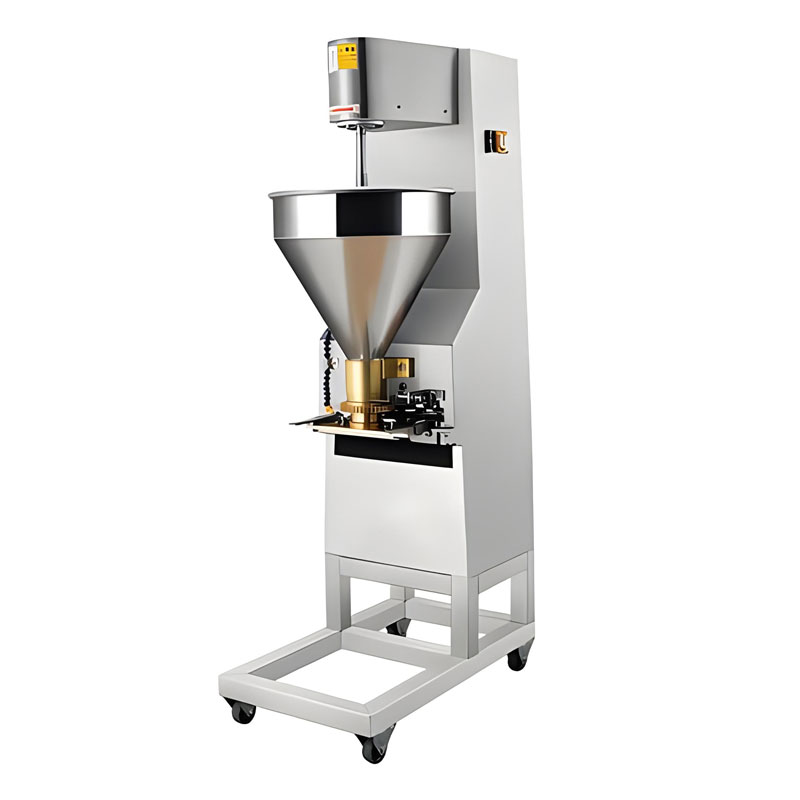
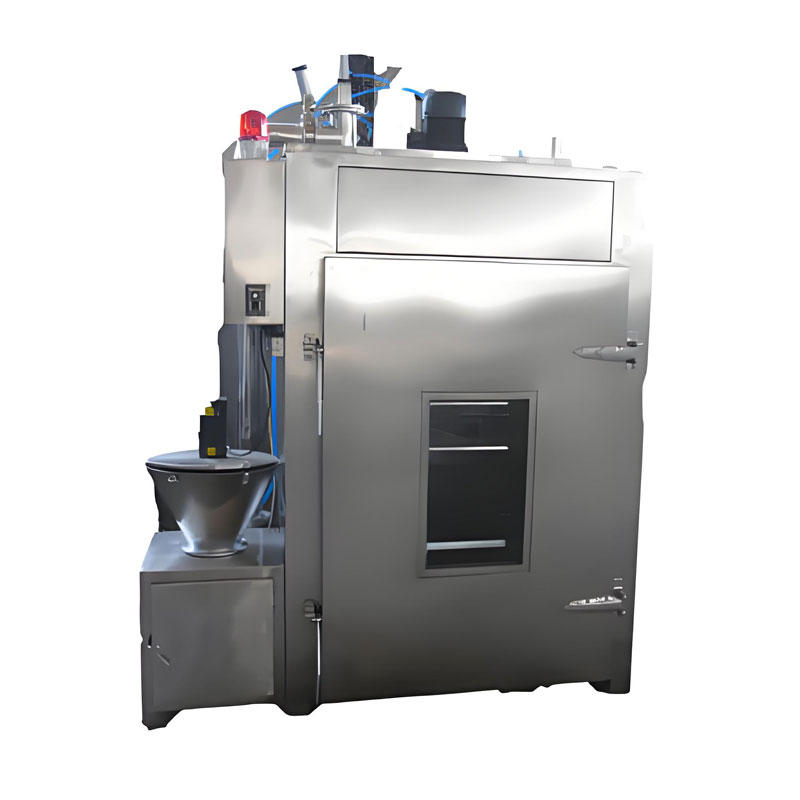
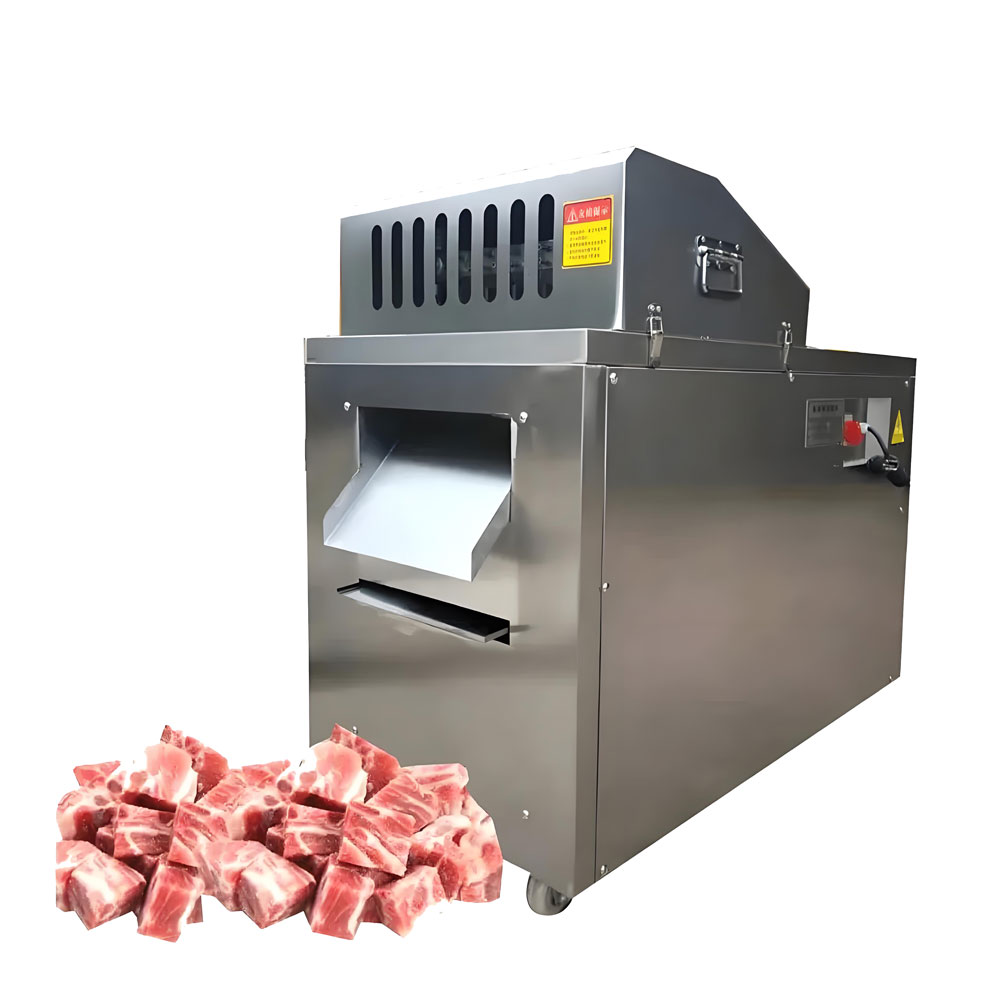
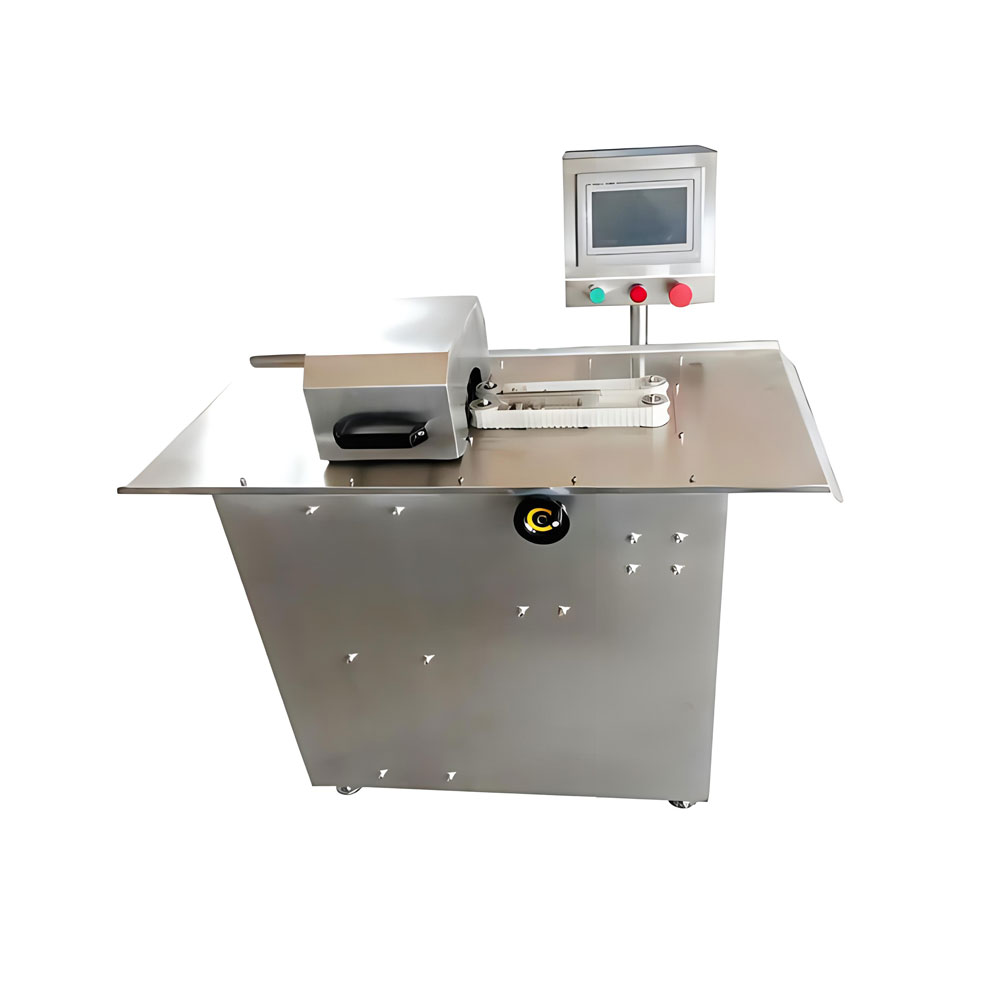
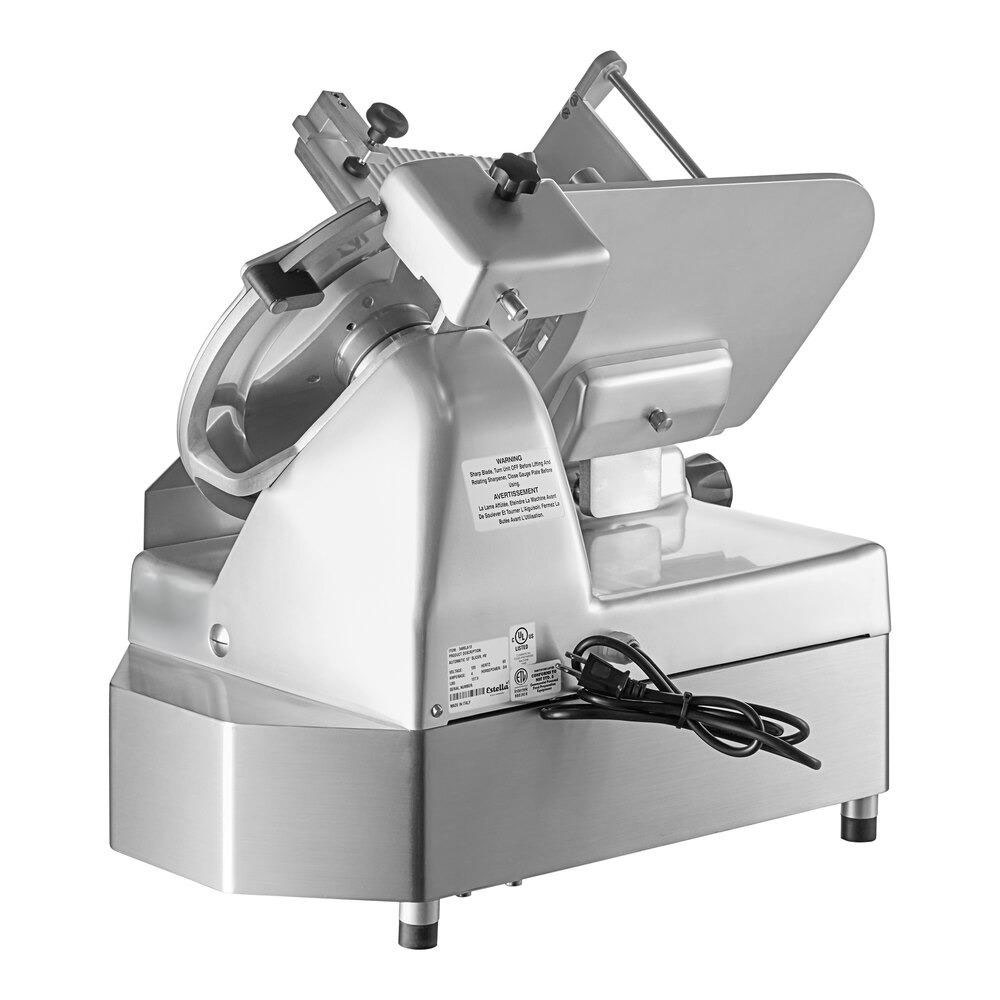
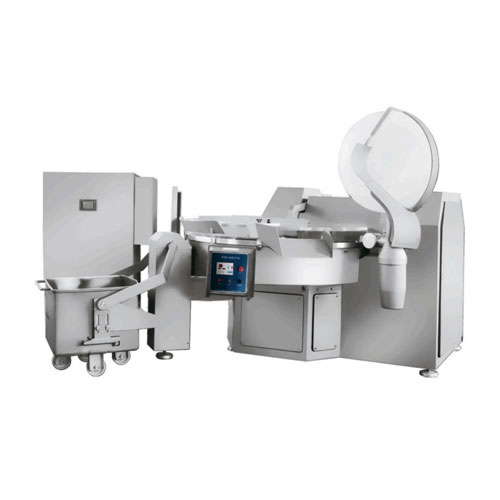
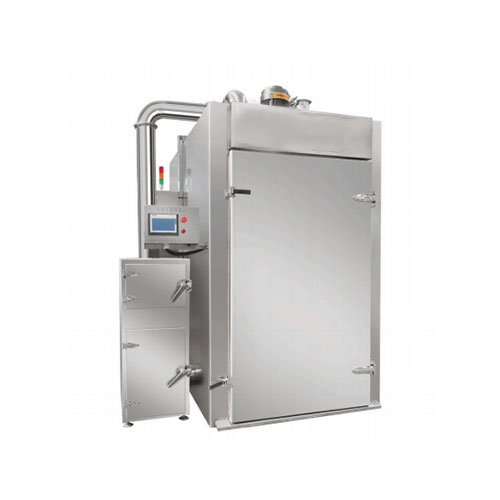
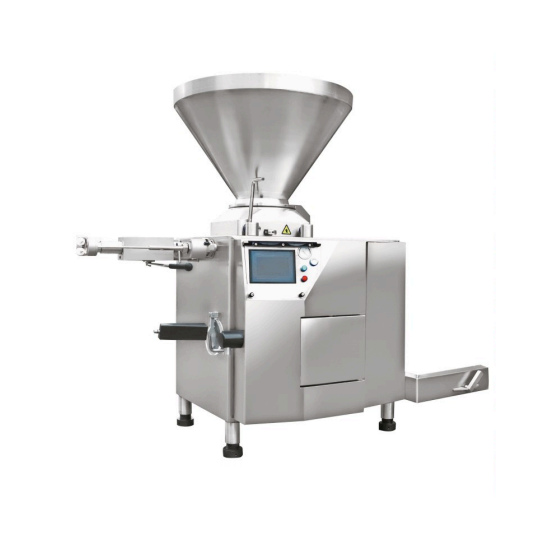
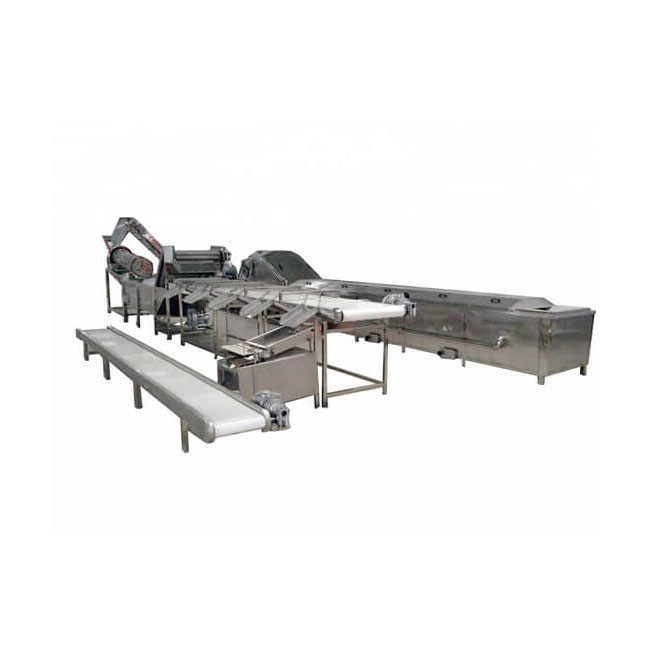
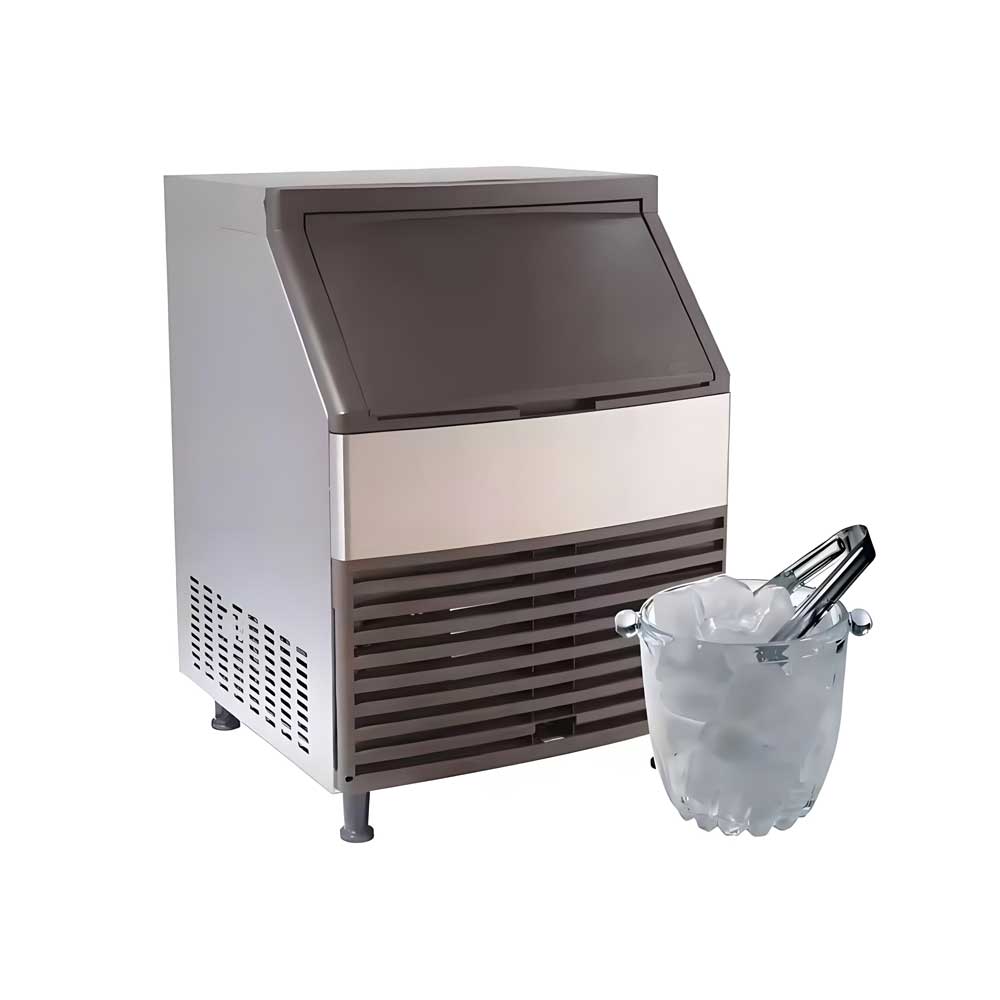
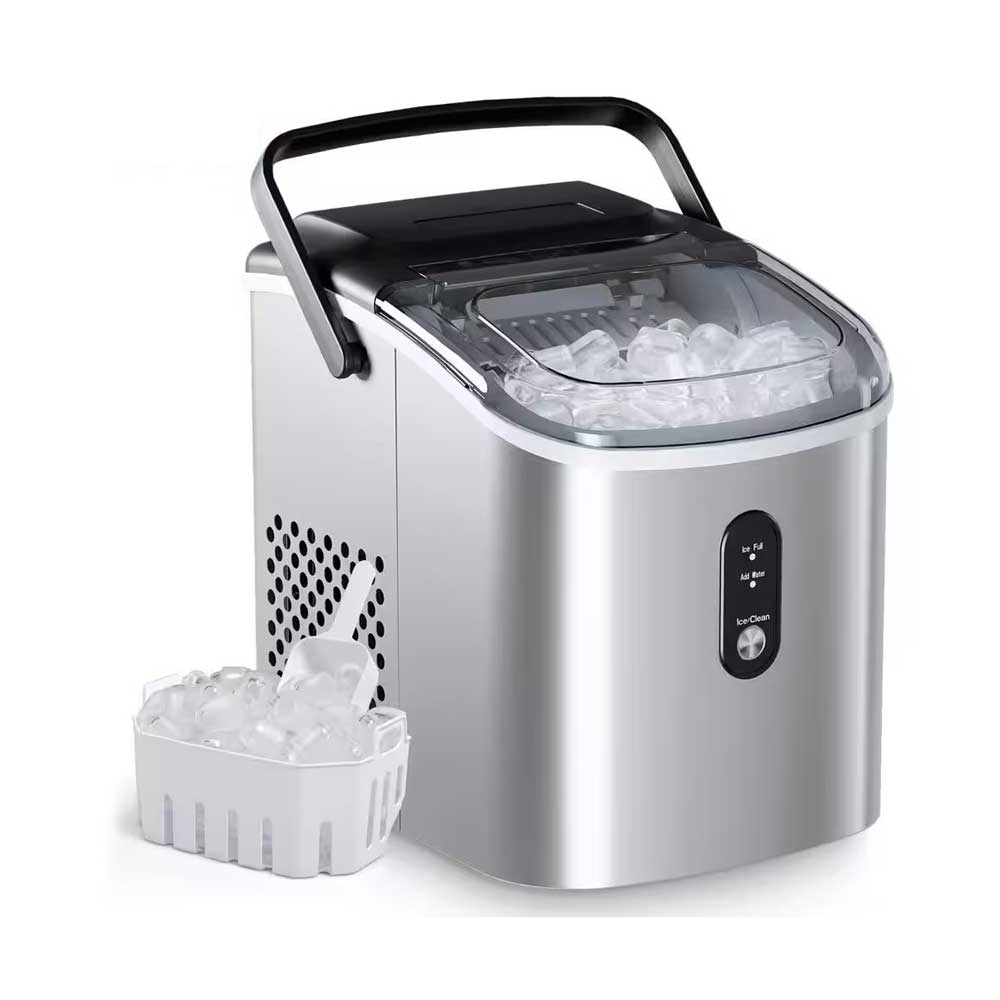 Portable Flake Ice Machine
Portable Flake Ice Machine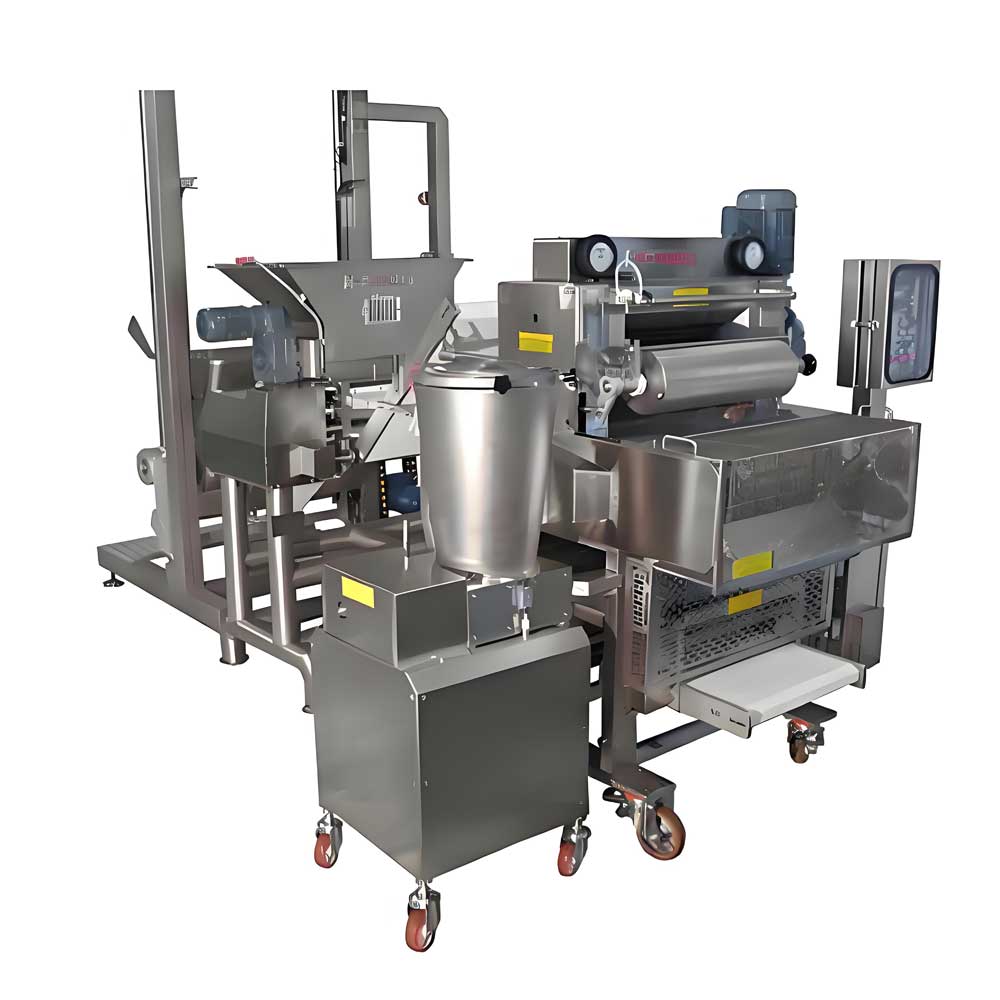 Pelmeni Making Machine
Pelmeni Making Machine
Ready to Get Started?